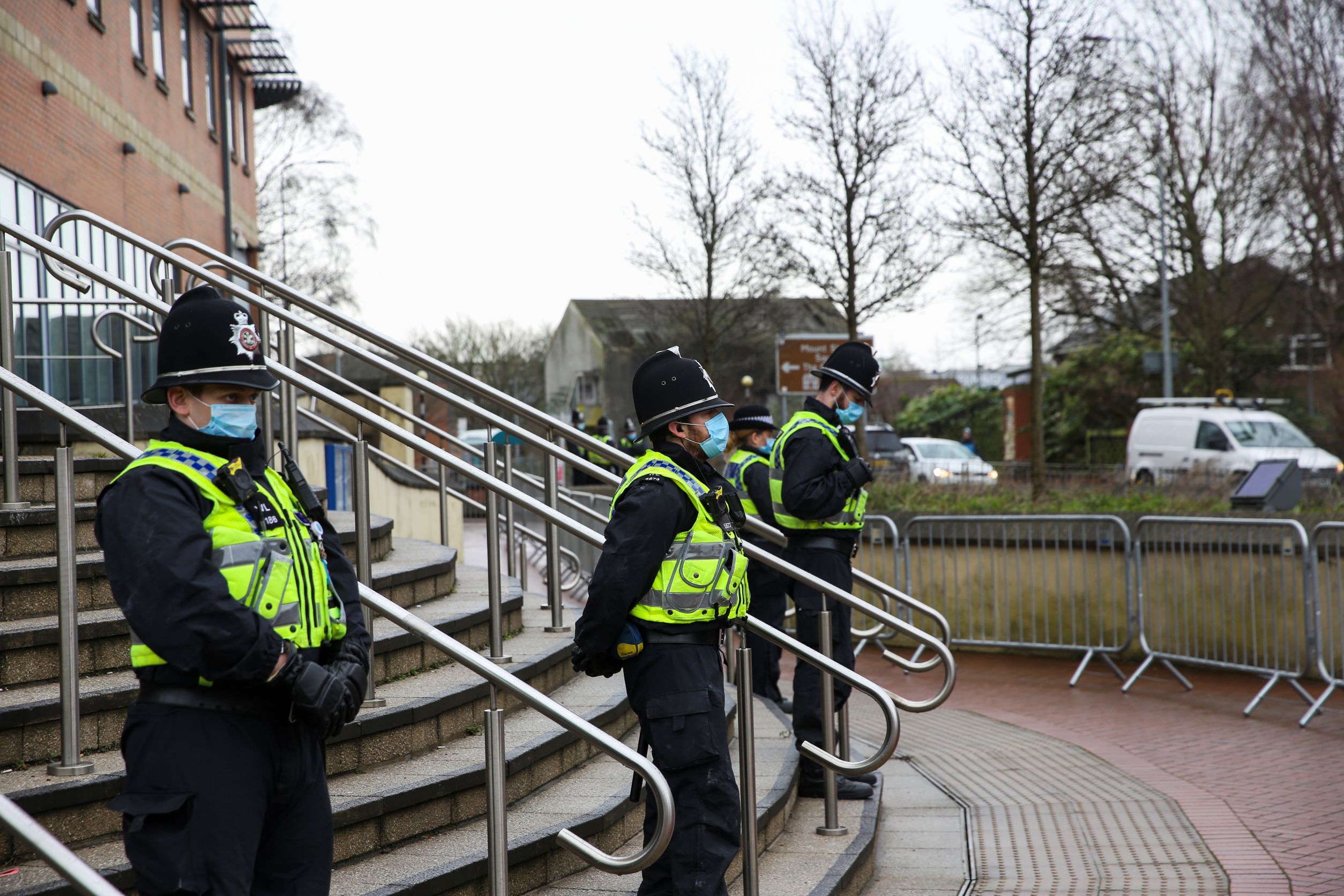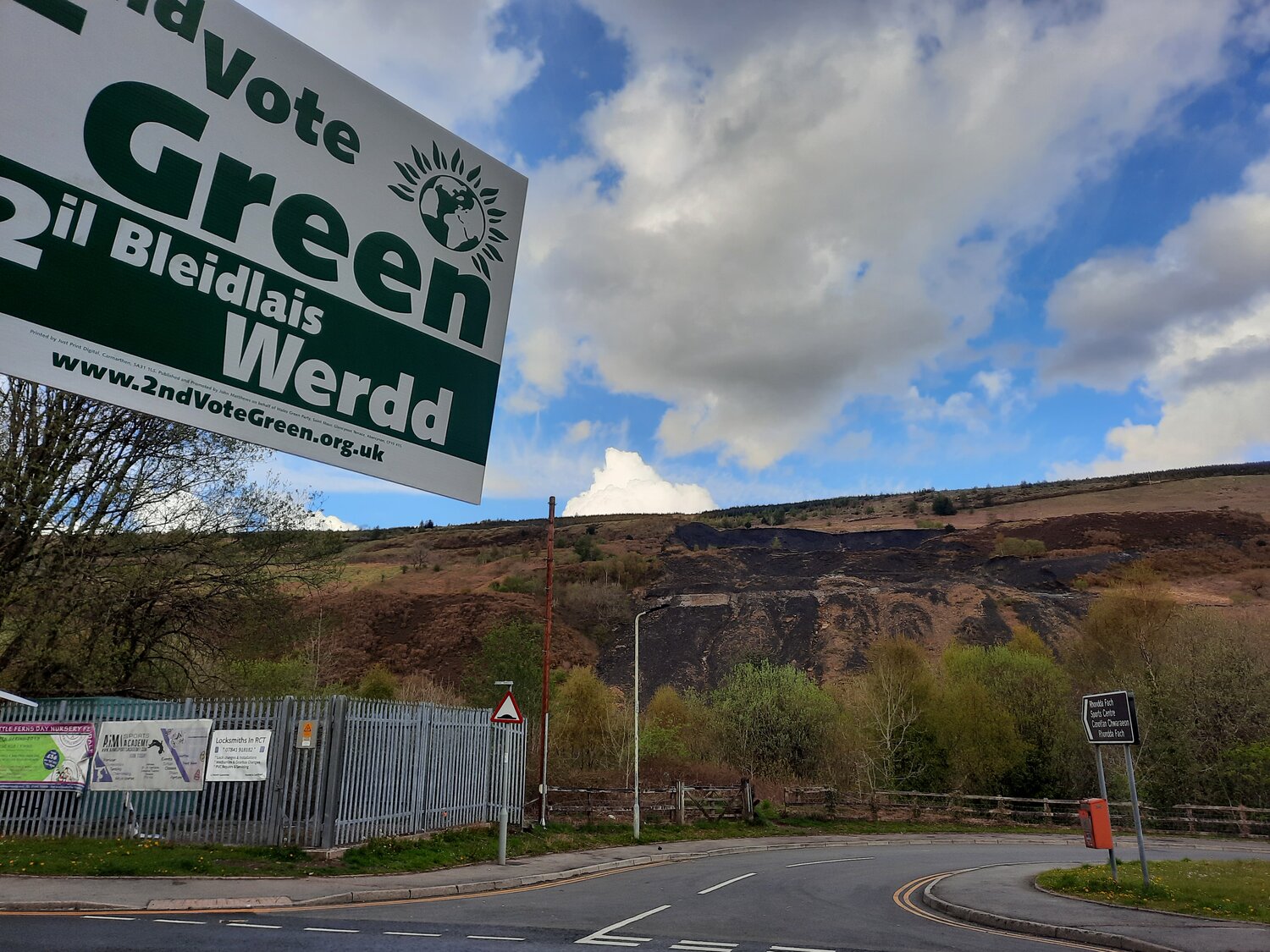
Why I Asked Welsh Police If They Are Institutionally Racist | Beth Winter MP
“It’s not at all clear to me why the charge of institutional racism shouldn’t apply to South Wales Police.”
Cover image by Tom Davies
“Are police forces institutionally racist?” That was the question I put to representatives of the four Welsh police forces in a recent discussion in parliament.
I did so as I have had constituents express concerns to me about racial discrimination in the police and wider criminal justice system, concerns which I take extremely seriously.
In response to the murder of George Floyd, more than 150 people congregated in Aberdare to protest police racism. A Black Lives Matter group was set up in the constituency.
A year before that, here in Cynon Valley, a 13 year-old black boy named Christopher Kapessa drowned in the River Cynon. Questions were quickly raised, but within 24 hours South Wales Police had ruled the case an accident. A later investigation found sufficient evidence for a manslaughter prosecution, but the CPS decided not to prosecute.
Elsewhere we have ongoing Independent Office for Police Complaints investigations into the cases of Mohamud Hassan and Mouayed Bashir following their contact with South Wales Police and Gwent Police.
Taken together, these cases build a sense of mistrust in the police.
The families and friends involved in these cases do not have confidence in their forces and that is a problem that the police must address.
We are now twenty years on from the MacPherson Inquiry into the death of Stephen Lawrence, which concluded that institutional racism affects ‘Police Services elsewhere’.
MacPherson defined institutional racism as “the collective failure of an organisation to provide an appropriate and professional service to people because of their colour, culture or ethnic origin” and referred to ‘discrimination through unwitting prejudice, ignorance, thoughtlessness and racist stereotyping which disadvantages minority ethnic people”.
That should have been a turning point. Instead, twenty years on and we are arguing about definitions with what seems to be a co-ordinated effort to push back against the term ‘institutional racism’.
Chief Constable Vaughan of South Wales Police said at the Welsh Affairs Committee he didn’t think the force was institutionally racist, but that ‘policing, along with other public services and public sectors, and indeed society, have some real, deep-seated systemic issues of bias and racism.’
The recent Sewell report argued that the term institutional racism should only be used where there is ‘deep-seated, systemic racism’.
It’s not at all clear to me why the term shouldn’t apply to South Wales Police.
So – how do our Black, Asian and Minority Ethnic communities view this? It is significant that black-led community groups and race equality organisations like Black Lives Matter Wales have demanded an inquiry into institutional and systemic racism in Welsh police forces. Race Alliance Wales’ Senedd manifesto recognised the pervasiveness of structural institutional racism in Wales.
Action is being taken to challenge racism in police forces in Wales and I welcome that.
The Welsh Government’s draft Wales Race Equality Action Plan acknowledged respondents citing their experiences, and practices such as racial profiling, as evidence of institutional racism within the Police.
In the South Wales Police force area, the Commissioner’s Joint Race Equality Plan recognises that Black, Asian and Minority Ethnic people still do not experience equal treatment and outcomes in policing. The introduction of the Police Accountability and Legitimacy Group provides space for community members to challenge senior police officers. Their voices must be heard.
These initiatives are positive, but in themselves they can only achieve so much. It is the lived experience of Black, Asian and Minority Ethnic communities in their contact with the police that will determine confidence in policing and the criminal justice system.
The experience of too many black people is that the police force in Wales is institutionally racist. Until people feel that they are treated fairly, equally and without prejudice, that will remain the case. That must be recognised and understood before it can ever be said to no longer be the case.
In the case of Christopher Kapessa, a view from many in the black community, ‘If Christopher had been a white boy and the suspect black, I definitely think it would have been a different outcome.’
Policing in England and Wales faces a race crisis.
The National Police Chiefs Council last year committed to develop a plan to make policing anti-racist and appointed the barrister Abimbola Johnson to chair an independent board to scrutinise this. As Johnson herself says “The plan needs to accept institutional racism, if it is to be anti-racist.”
I agree, and I look forward to working closely with South Wales Police, the Commissioner and with community groups like Black Lives Matter Wales, Race Alliance Wales and others to continue to challenge all forms of racism wherever it is found.
*Beth Winter is the MP for Cynon Valley



2 Comments
Comments are closed.